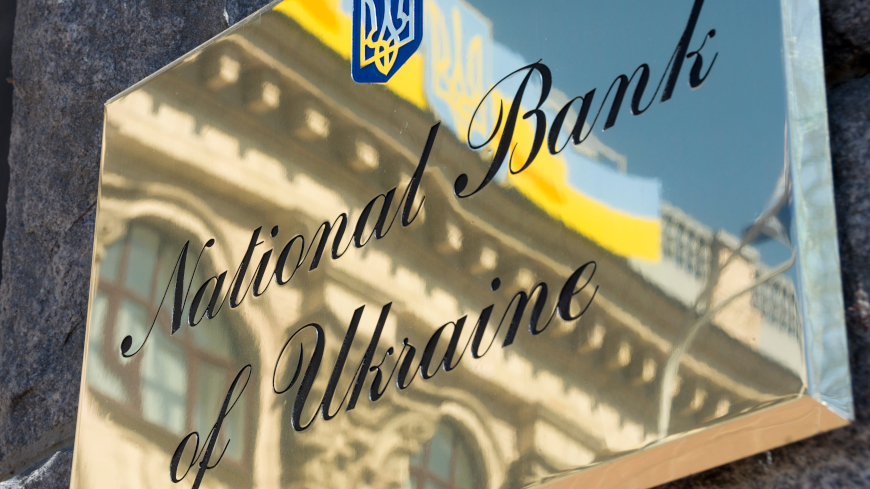A training on supervisory techniques to assess the effectiveness of application by obliged entities of controls on anti-money laundering and counter-terrorist financing (AML/CTF) and their ability to detect and prevent financial crime marked the completion of a series of on-line training for banks and non-banking financial institutions. This last training session was dedicated solely to representatives of the National Bank of Ukraine.
During the on-line session, international AML/CFT experts of the Council of Europe shared with the 94 participants the key aspects and main findings of the trainings the project had conducted earlier in 2021 for reporting entities under the supervision of the National Bank of Ukraine. Participants were exposed to insights on various aspects of AML/CTF risk-based supervision, with a focus on the assessment of the technical compliance and the effectiveness of AML/CFT measures applied by supervised entities. To make the training more practical and applicable, the analysis of the control failures was illustrated with recent cases as well as possible effective solutions for the supervisors to remediate such drawbacks.
The training is expected to improve the supervisory capacities of the National Bank of Ukraine and, in a broader sense, strengthen the resilience of the national AML/CFT system to existing and emerging risks.
This activity was organised within the framework of the project on “Strengthening measures to counter money laundering and the financing of terrorism in Ukraine,” funded by the European Union and the Council of Europe and implemented by the Council of Europe in their Partnership for Good Governance II.





